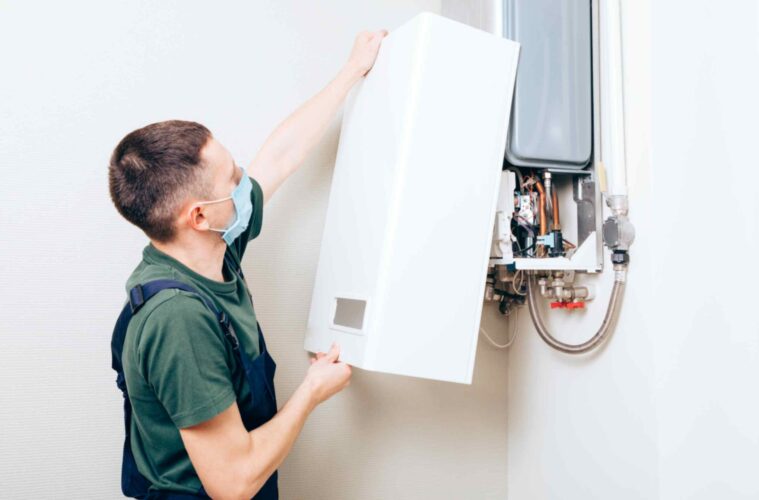We frequently take for granted the benefit of hot water until it is taken away. Maintaining a consistent supply of hot water requires routine maintenance on water heaters. It might help you prevent expensive repairs and unexpectedly cold showers if you know the nuances of how do you maintain a water heater.
In order to keep your hot water flowing smoothly and to help you determine when your water heater needs repair, this guide concentrates on important water heater maintenance advice.
Insights into the Silent Enemies
Water heaters face threats that can impact their performance and lifespan. Know the two main culprits lurking inside your tank.
Sediment Buildup
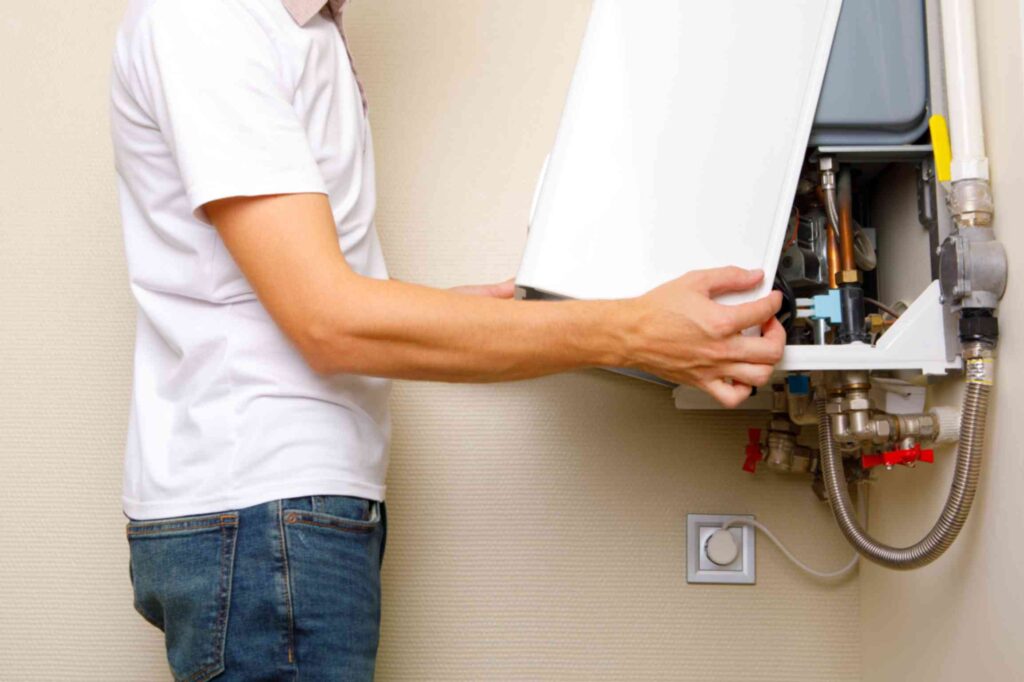
Tiny pebbles accumulate at the bottom of your water heater tank. You must understand that these are minerals naturally present in your water supply. Sediment buildup acts like an insulating blanket that causes problems and forces it to work harder to maintain the desired water temperature. This not only reduces efficiency but also shortens the lifespan of your heater. Regular checking of water heater maintenance can help prevent these issues.
Corrosion
Another enemy of your water heater is rust. The tank’s lining acts as a shield, but rust can eat away at it over time. Rust can cause leaks and danger. If rust has badly harmed your current unit, it may be time to get a new water heater to stay safe and efficient.
Key Maintenance Tasks
Now that you know the enemies, focus on the heroes who keep your water heater healthy.
Flushing
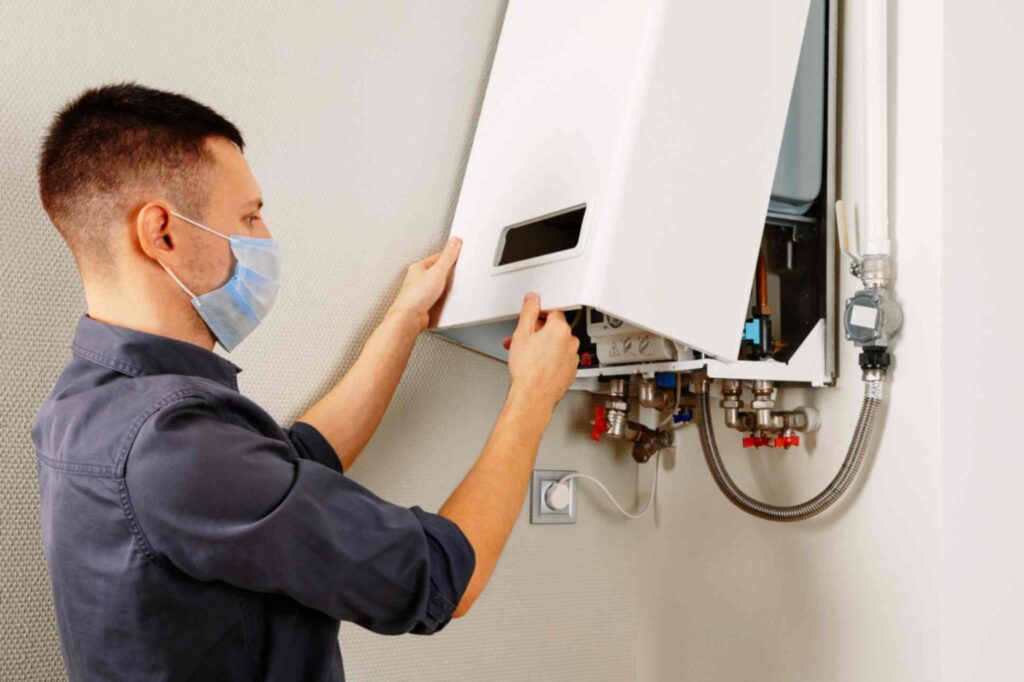
Anode Rod
An anode rod in your water heater takes the hits to protect the tank from rust. A metal rod is made of a material that corrodes more readily than the tank lining. The anode rod sacrifices itself to attract corrosion and protect the tank from the same damage. You have to replace the anode rod every 5 years to keep your water heater safe.
Take Care of Temperature and Pressure Relief Valve
Your water heater operates under pressure so your safety is necessary. Like an angelic protector, the T&P valve is an essential safety device. If pressure builds up over acceptable limits, this valve releases excess pressure automatically, averting a potentially hazardous situation—a ruptured tank.
It is imperative to perform an annual test of the T&P valve by lifting the lever and ensuring appropriate drainage. Keep in mind that this is a safety feature, so after this little test, don’t mess with it. Seek urgent advice from a qualified plumber with experience in water heater repair if you discover any leaks or malfunctions.
Increasing Productivity
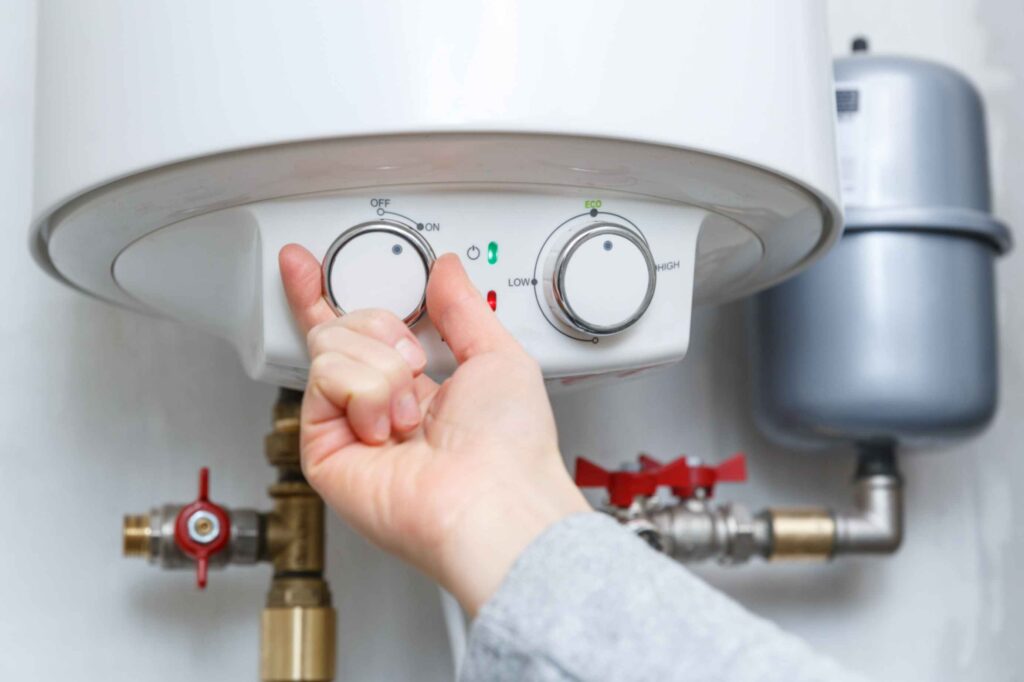
Temperature Setting
Most water heaters come set at unnecessarily high temperatures, often around 140°F. You can be a money-saving hero by lowering this setting to 120°F. This simple adjustment can significantly reduce energy consumption without compromising on comfort.
Insulation
Insulation works the same way for your water heater. Adding insulation blankets to the tank and hot water pipes is a key aspect of how do you maintain a hot water heater efficiently.
Tips for Long-lasting Water Heater Performance
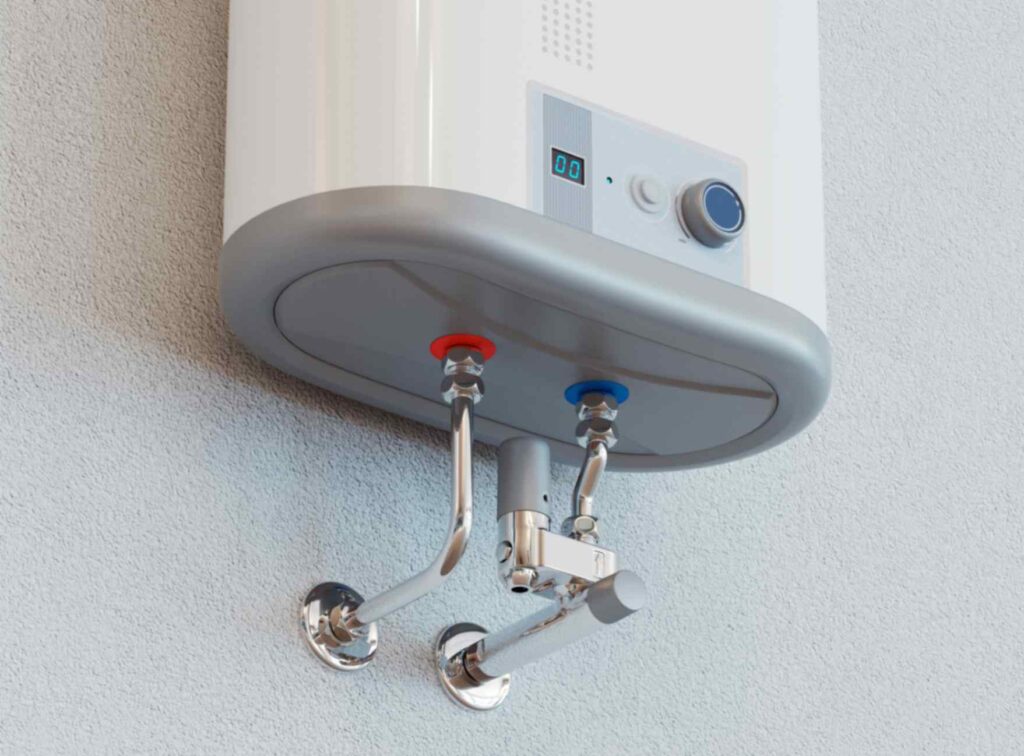
Regular Inspections
Spend a few minutes visually inspecting your water heater every few months to look for leaks or anything out of the ordinary. You can avoid more serious difficulties later on by identifying possible concerns early on.
Drain Valve
The drain valve located at the bottom of the tank is used during flushing. Periodically turning on the drain valve is a good idea to make sure it’s not rusty or jammed. Think of it like keeping a fire escape clear in case of emergency (flushing).
Professional Help
Every two to three years, consider hiring a licensed plumber for a checkup if there are any jobs that appear complicated or if you’re just not comfortable doing maintenance yourself. A professional may act as a reliable advisor for your water heater, seeing possible issues and making sure it runs effectively and safely.
Common Water Heater Problems and Solutions
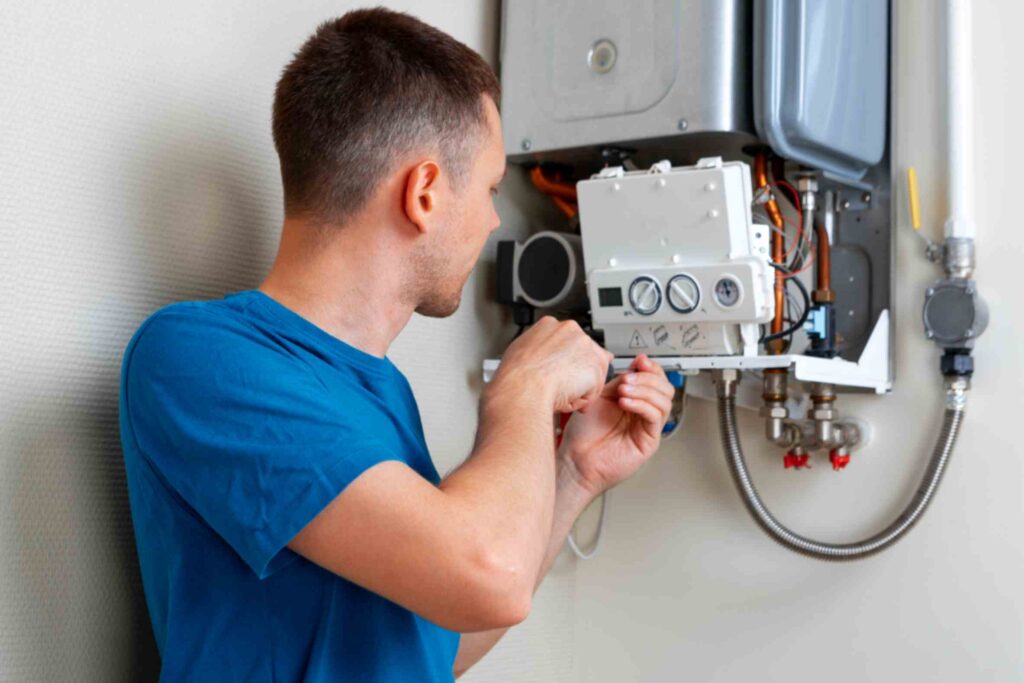
You get cold water: Make sure that the thermostat is switched on and set to a high temperature. If so, there may be a problem with the pilot light on gas types or a tripped circuit breaker on electric heaters. For detailed troubleshooting instructions unique to your heater type, refer to the owner’s manual.
Lukewarm Water: This may be a sign of a low thermostat, a malfunctioning electric or gas burner, or a significant sediment accumulation. For additional diagnosis, flush the tank or contact an expert. Refer to the following guidelines for regulating the thermostat.
Leaking: The water heater may leak at different locations, such as the pressure release valve, connectors, or the tank itself. A minor leak might easily grow into a more significant issue. In order to fix the leak, immediately turn off the heater’s water supply and contact a plumber. Recall that a leak indicates that your water heater’s defenses are weak, and that you must take quick action to stop additional harm.
Unusual Sounds: Sounds like rumbling or knocking could be signs of loose heating components or silt accumulation. Flushing the tank or having a professional inspect the unit is recommended. These strange noises could be your water heater calling for help – listen closely and address them promptly to avoid further complications.
Conclusion
A little effort now in learning how do you maintain a water heater can save you from costly repairs or replacements down the road. So, follow these tips and take charge of your water heater’s health. With proper care, your water heater will be your happy companion for years to come.

